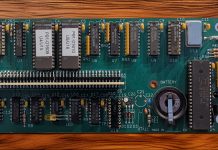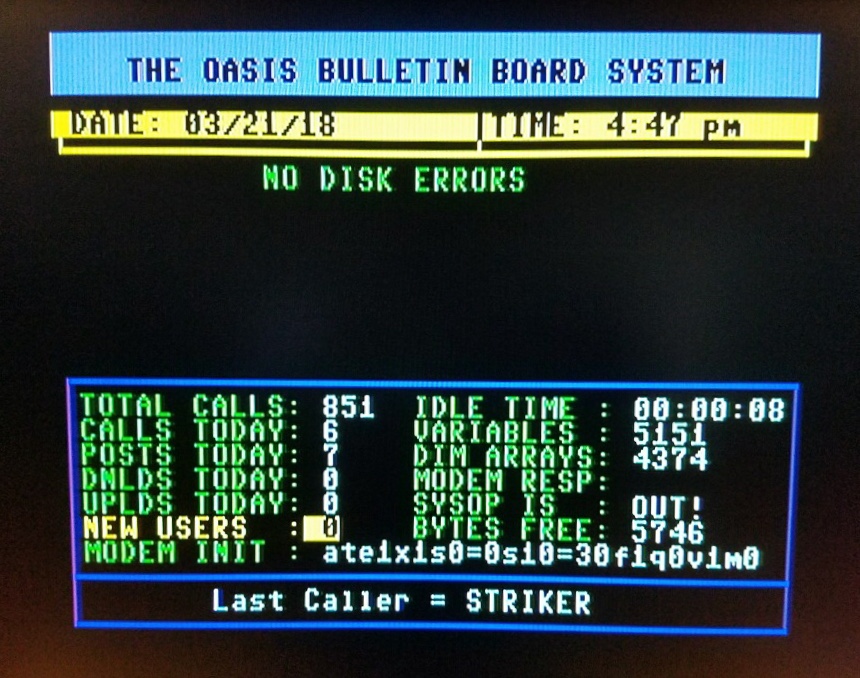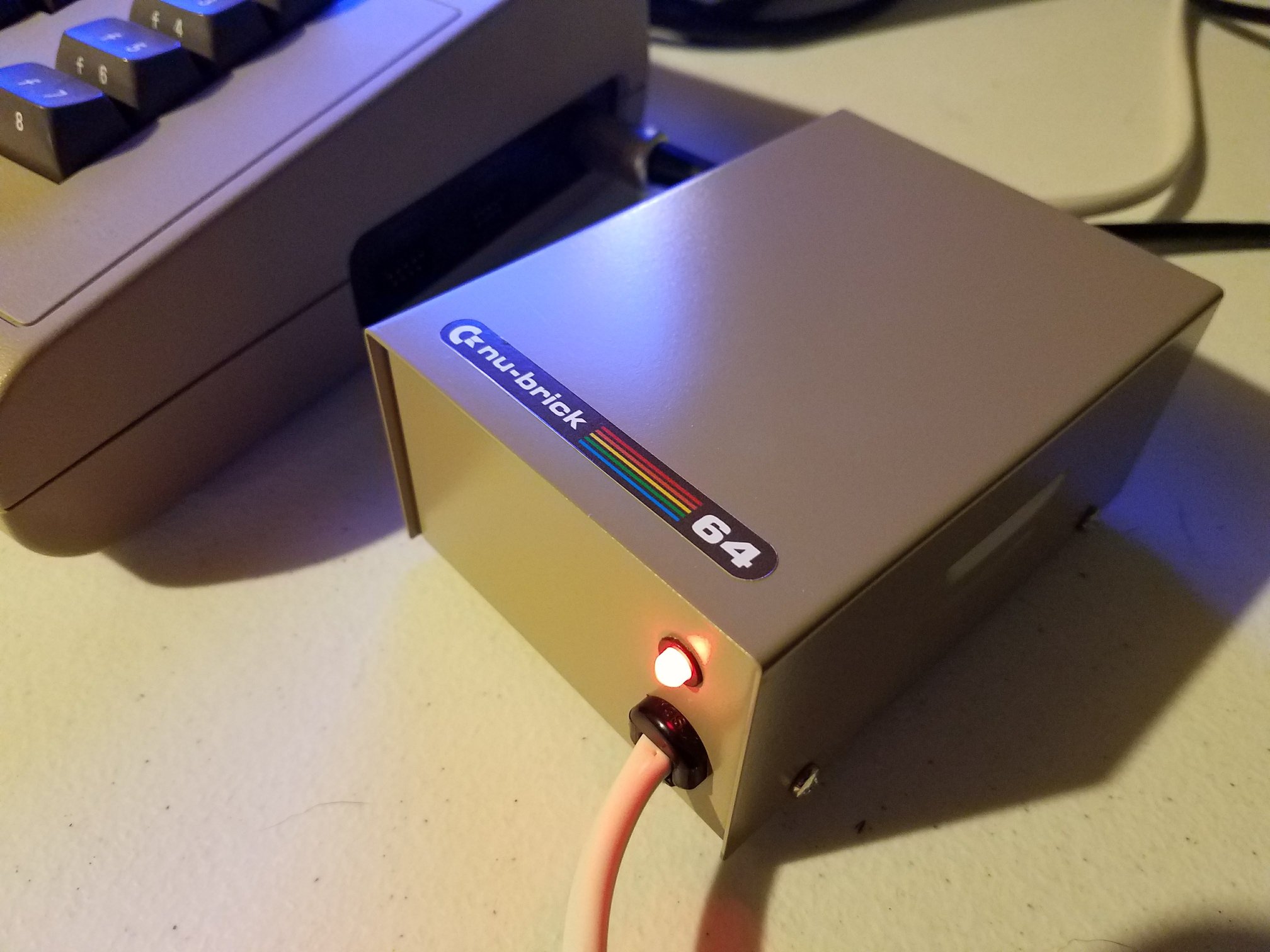10 Best Amiga Ocean Games
UK Gaming Network’s Brian—aka UKGN Zoidberg—returns with another episode in his publisher-based Amiga ranking series, this time spotlighting the most entertaining and memorable Amiga...
Amiga 1000 SCSI Sidecar: Connect Your System to SCSI Storage
For Amiga 1000 owners, adding a SCSI hard drive has never been easier. The Amiga 1000 SCSI Sidecar project allows you to upgrade your...
Top 10 Amiga Hidden Gems Beginning with ‘N’
In this latest episode of OSG's Hidden Gems series, the spotlight is on the letter "N," uncovering some of the Amiga’s most underrated titles....
Pico DRAM Tester Build
In his latest video, Root42 builds and tests the Pico DRAM tester, a tool designed for diagnosing vintage RAM chips. Created by Eric Schlaepfer...
Amiga Capture Setup Chaos: Chris Edwards vs. the Signal Splitter
Capturing clean footage from vintage computers isn't easy—and Chris Edwards shows exactly why in his latest video. What begins as a straightforward Amiga capture...
RedPill Game Builder Updated
In the latest update to the RedPill game builder, Carlos Peris brings even more power to the Amiga game creation scene. Built using AmiBlitz...
Worst Amiga Arcade Ports Ranked
In his latest video, Just Jamie rounds up a brutal list of Amiga arcade ports that really should’ve stayed at the arcade. The spotlight...
Amiga Re:Review Episode 73 – Bullfrog’s Syndicate on Amiga
In Episode 73 of Amiga Re:Review, UK Gaming Network revisits Syndicate on Amiga, Bullfrog's 1993 tactical strategy game set in a corporate-controlled cyberpunk future....



















